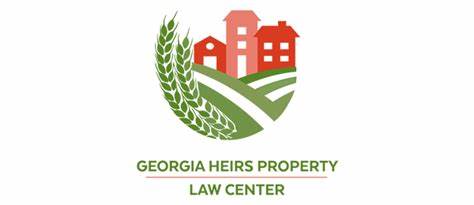When it comes to navigating the real estate market in the United Kingdom, understanding the intricacies of its legal framework is essential. From buying and selling property to tenancy agreements and property disputes, real estate law in the UK plays a fundamental role in ensuring fair and lawful transactions. In this blog post, we will dive into the key aspects of real estate law in the UK, providing you with a comprehensive guide to navigate this complex terrain.
Contents
Understanding Property Ownership
In the UK, property ownership is typically held in two forms: freehold and leasehold. Freehold ownership grants outright ownership of the property and the land it sits on, while leasehold ownership implies owning the property for a fixed term under an agreement with the freeholder. Leasehold ownership often applies to flats and apartments where multiple units share common land or facilities.
Property Transaction Process
Buying or selling a property in the UK entails a structured process that follows a set of legal obligations. Here are the key steps involved:
- Property Search and Valuation: Before entering into any transaction, it is crucial to conduct thorough due diligence. This involves legal searches, local authority searches, and property valuations to ensure you have complete information about the property’s condition, title, and any potential issues.
- Offer and Acceptance: Once you find a suitable property, you make an offer through your estate agent or directly with the seller. If the seller accepts your offer, this creates a legally binding agreement subject to contract.
- Conveyancing Process: Conveyancing is the legal procedure that ensures the transfer of property ownership. Engaging a solicitor or conveyancer is crucial to handle the necessary searches, title checks, property surveys, and drafting legal contracts.
- Property Contracts and Completion: Contracts are exchanged between the buyer and the seller, outlining the agreed terms and conditions. On the completion date, the remaining balance is paid, and property ownership officially transfers to the new owner.
Read Also: Empowering Heirs Exploring the Role and Impact of Heirs Property Law Center
Rental Agreements and Tenancy Laws
For individuals renting or leasing property in the UK, understanding tenancy laws is crucial to protect their rights and obligations. Landlords must ensure compliance with legal requirements, including providing the necessary safety certificates, securing deposits in a government-approved scheme, and adhering to eviction procedures.
Legal Considerations and Disputes
Real estate law encompasses various legal considerations and potential disputes. These may include disagreements over boundary and easement rights, planning permission issues, breaches of contract, or landlord-tenant disputes. Seeking legal advice is crucial in such scenarios to protect your rights, negotiate settlements, or resolve disputes through legal channels.
Read Also: Guiding Businesses Through the Real Estate Maze Exploring Commercial Property Law Firms
Stamp Duty Land Tax (SDLT)
When purchasing property in the UK, it is important to consider the tax implications, particularly Stamp Duty Land Tax. This is a tax applied to property transactions above a certain value threshold. The amount payable is calculated based on the property price and the applicable SDLT rates at the time of purchase.
Real estate law is an intricate and indispensable aspect of the UK property market. Whether you are buying, selling, renting, or leasing property, having an understanding of the legal framework is crucial to ensure compliance, protect your rights, and navigate any potential disputes that may arise. It is advisable to engage the services of a qualified solicitor who specializes in real estate law to guide you through the complexities and ensure a smooth and legally sound transaction.



